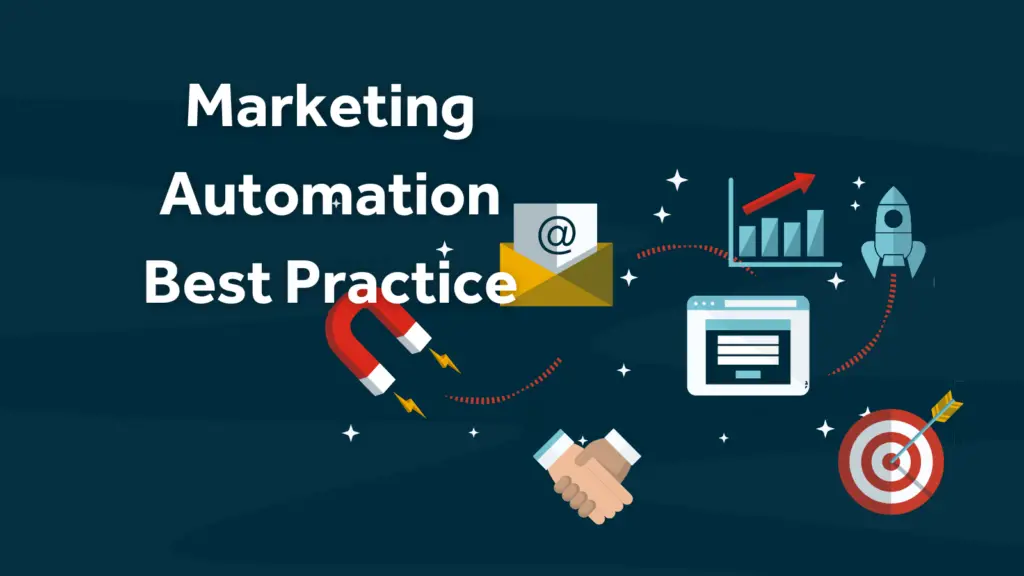Why it’s critical to deploy CRM training
This great quote from business “guru” Zig Ziglar and really nails the importance of taking employee training seriously.
Effective employee CRM training is key to a successful Microsoft Dynamics 365 implementation. Time and time again we come across failed implementations that are technically and logically sound but ultimately were seen as failed projects. This is because insufficient attention was paid to the human side of the project, which consequently resulted in poor user adoption. In a recent blog post, we looked at the topic of change management as the other side of the coin in a CRM project.
Make “User Education” front and centre of your project
When you implement a Dynamics 365 project, you can’t afford to rest on your laurels at the end of the technical phase and regard the project as a success. This type of approach is risky and views user training as something that is added on just before go live. It doesn’t assign the importance that is needed to the topic of user education.
One of the problems that creates this attitude is that the people who are involved in the day-to-day project build tend to be tech-savvy people. As the project develops they become so familiar with the system build that they assume it will just be intuitive to everyone else.
A useful rule of thumb with CRM projects is to view project success through the realms of successful user adoption. As long as the expected benefits were scoped adequately and realistically in the first place then project success is virtually guaranteed if the users pick it up and run with it.
Train based on your processes and user roles
Very often you will hear people say you need to deliver process driven training. There is absolutely nothing wrong with this statement and it is good practise to do that, however it is also important to consider the various user roles within the organisation and how they will interact with the process. How much do they need to know about the rest of the process or do they only need to be concerned with their distinct area? One common way to explore this is through the use of “Use Cases” based on people’s job roles and scenarios.
For example:
- The receptionist gets a call from someone asking about product information.
- A sales account manager gets a call from someone asking about product information.
- A customer service agent gets a call from someone asking about product information.
In all three scenarios, someone is calling about product information but in each case the way in which the call recipient responds may be different. The Receptionist may be trained to create and assign a lead or enquiry whereas the sales person may do a search to see if the person already exists in Dynamics 365 and then either provide information or create an opportunity. Whereas the customer service agent may do something altogether different, such as creating a customer service case.
It is clear from this very simple example how training should be based on user roles as well as processes. It also highlights that each potential situation/scenario within each process needs to be identified and then considered before the “Go-Live”.
Just show enough and only one way
Someone who’s job is to search for contacts and log phone calls does not need to spend hours learning how to progress opportunities. People should be trained to a level sufficient to do their job and no more.
Another tip when CRM training is to show only one way to do something. Anyone who knows Microsoft Dynamics 365 knows that there is often more than one way to achieve the same thing. When training stick to only one way (make sure you have pre-determined which way is the “right way” for your organisation). Showing all the different ways to view your activities is only going to serve to confuse the trainees.
Prepare for the Live performance
Think of user training as the preparation and rehearsals for a live performance. When you “Go-Live” you cannot afford for anything to go wrong so you need to have thought about every scenario beforehand. It’s a bit like the performers of a new West End show learning their lines. They will learn their lines individually then they will start to do group readings of the script followed by on stage rehearsals and eventually a full dress-rehearsal before the big opening night. Equally the user training for a CRM project should build up gradually throughout the project. Starting off with fundamentals (this should happen long before Go-live) followed by guided learning of process steps which when repeated enough times should lead to users being self-sufficient in their role.

Keep Training (after Go Live)
Now you’ve got into good habits don’t stop! Ongoing CRM training is very important for continued success. Staff will move on eventually and processes may alter slightly. Ensure that you continue to offer good quality training to new employees and that any process changes are also reflected in any training materials that you provide for your users.
Work with your delivery partner
If you are working with a Microsoft Partner to help deliver your Dynamics 365 project then you should ask them to help put together your CRM training plan. Rocket CRM have had many years of involvement in delivering CRM projects successfully and we are happy to help you too. If you have any questions please contact us.
About Rocket CRM
Rocket CRM is a Microsoft Dynamics 365, and a platinum Click accredited partner, helping small to medium-sized businesses and charities harness the power of scalable CRM technology. Our mission is to make powerful CRM software simple with custom-built, user-focused solutions.
Website: rocketcrm.co.uk
Podcast: RocketPod
Social: LinkedIn





